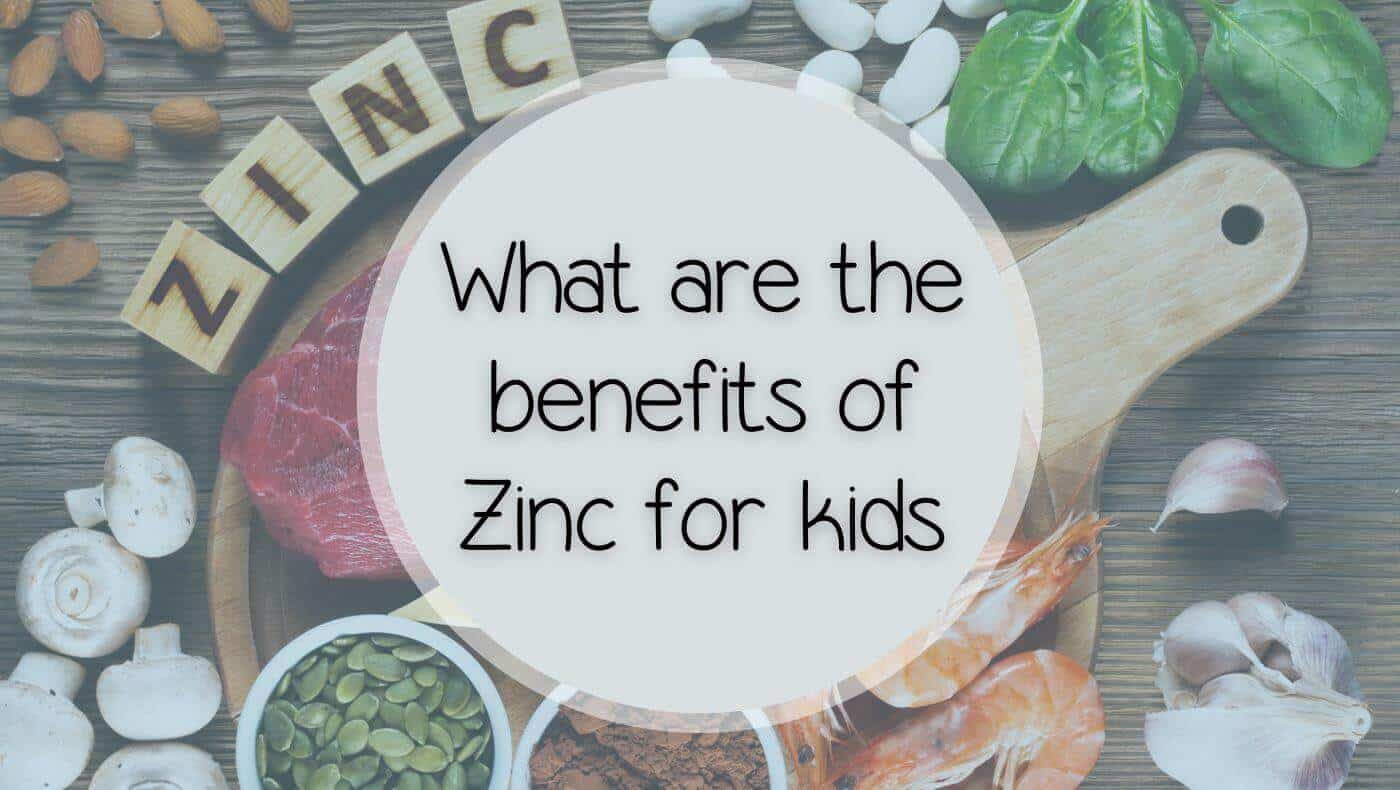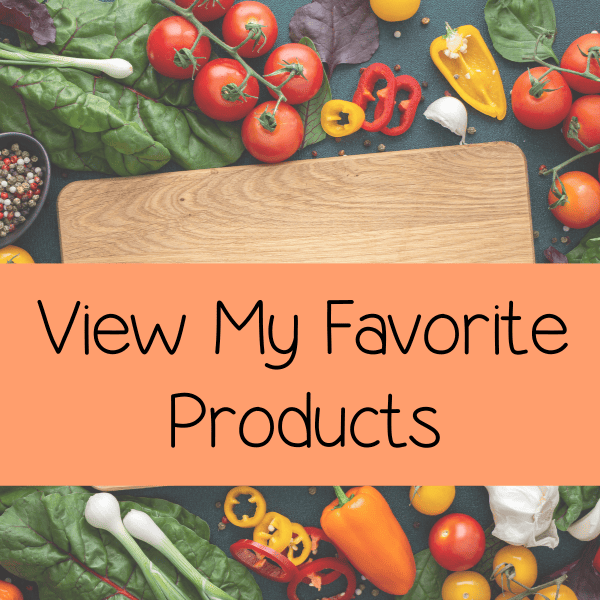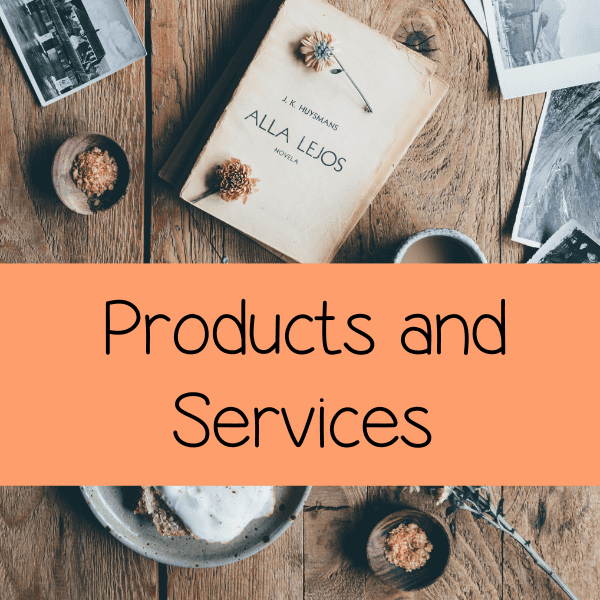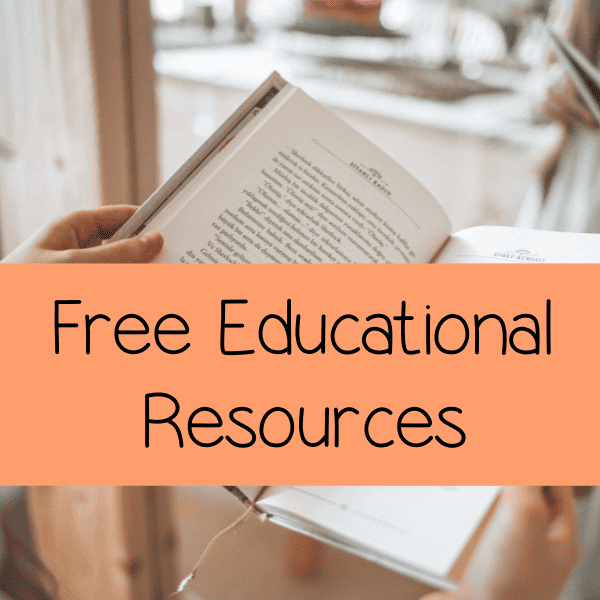Last updated on June 2nd, 2025 at 05:31 am
Disclosure: There are affiliate links in this post. If you click the link and buy something, I’ll get a commission at no additional cost to you! However, all my recommendations are things that I personally use because I know they’re clean and good quality products – not just anything with an “affiliate” label on it
What is zinc, and what are its benefits for kids? Zinc is an essential nutrient that plays a role in dozens of biochemical reactions in the body. It is involved in everything from DNA synthesis to immune function, and it is essential for proper growth and development.
For kids, zinc plays an important role in cognitive development and growth. It also helps to boost the immune system, which can protect against illnesses such as colds and flu.
Health benefits of Zinc for kids?
- It helps support a child’s immune system
- It helps with growth and development
- And can even help improve cognitive function
How to get enough Zinc in your child’s diet
Here are a few steps you can take to ensure they’re getting enough of this important nutrient:
The first step is to make sure that your child is eating a varied and balanced diet.
If your child is a picky eater, try to sneak zinc-rich foods into their diet by adding them to smoothies or hiding them in sauces or soups. You can also talk to your child’s doctor about whether or not they need a supplement.
Getting enough zinc is essential for kids’ growth and development, so it’s important to make sure they’re getting enough of this important nutrient. By following these simple steps, you can help ensure that your child gets the zinc they need for good health.
What foods contain Zinc?
It is essential for children to get enough zinc in their diet, as it helps with growth and development, supports the immune system, and can be beneficial for cognitive function.
While zinc can be found in a variety of foods, some good sources for kids include oysters, beef, pork, poultry, beans, nuts, seeds, and whole grains.
It is important to note that when cooking these meats and grains, some of the zinc content can be lost.
For example, when beef is braised or stewed, up to 40% of the zinc content can be lost. So when possible, it is best to grill or bake these foods.
Including a variety of zinc-rich foods in your child’s diet is a good way to ensure they are getting enough of this essential nutrient.
Signs that your child may be deficient in zinc
- Poor appetite – If your child seems to be less interested in food than usual, or if they’re losing weight, it could be a sign that they’re not getting enough zinc.
- Poor wound healing – If your child has cuts or scrapes that take longer than usual to heal, it could be a sign of a zinc deficiency.
- Zinc deficiency can cause problems with growth and development. If your child isn’t growing at a normal rate or if they seem to be developmentally delayed, it could be a sign that they need more zinc.
- Zinc deficiency can cause skin problems. If your child has rashes or eczema, it could be a sign that they’re not getting enough of this essential nutrient.
Precautions to take when giving your child zinc supplements
Zinc can be taken as a tablet, capsule, liquid, or powder. The amount of zinc to take depends on the individual’s age, sex, and health.
Zinc supplements should be taken with food. Side effects of too much zinc include nausea, vomiting, diarrhea, headaches, and dizziness.
In addition, taking more than the recommended amount of zinc can also lead to an imbalance of other minerals in the body.
It is important to speak with a healthcare provider before starting any supplement.
Here is a list of a few zinc supplements and foods that are safe to use for kids:
- Zinc oxide – This supplement can be taken orally or applied topically. It’s important to follow the dosage directions on the packaging.
- Zinc gluconate – This supplement is available in tablet form and can be taken orally. Follow the dosage directions on the packaging.
- Zinc sulfate – This supplement is available in tablet or capsule form and can be taken orally. Follow the dosage directions on the packaging.
- Spirulina – This supplement is available in powder form and can be mixed into liquids or food. Follow the dosage directions on the packaging.
- Oysters – Oysters are a good source of zinc and can be eaten raw, cooked, or canned. Three small oysters daily should provide enough zinc for most children.





0 Comments